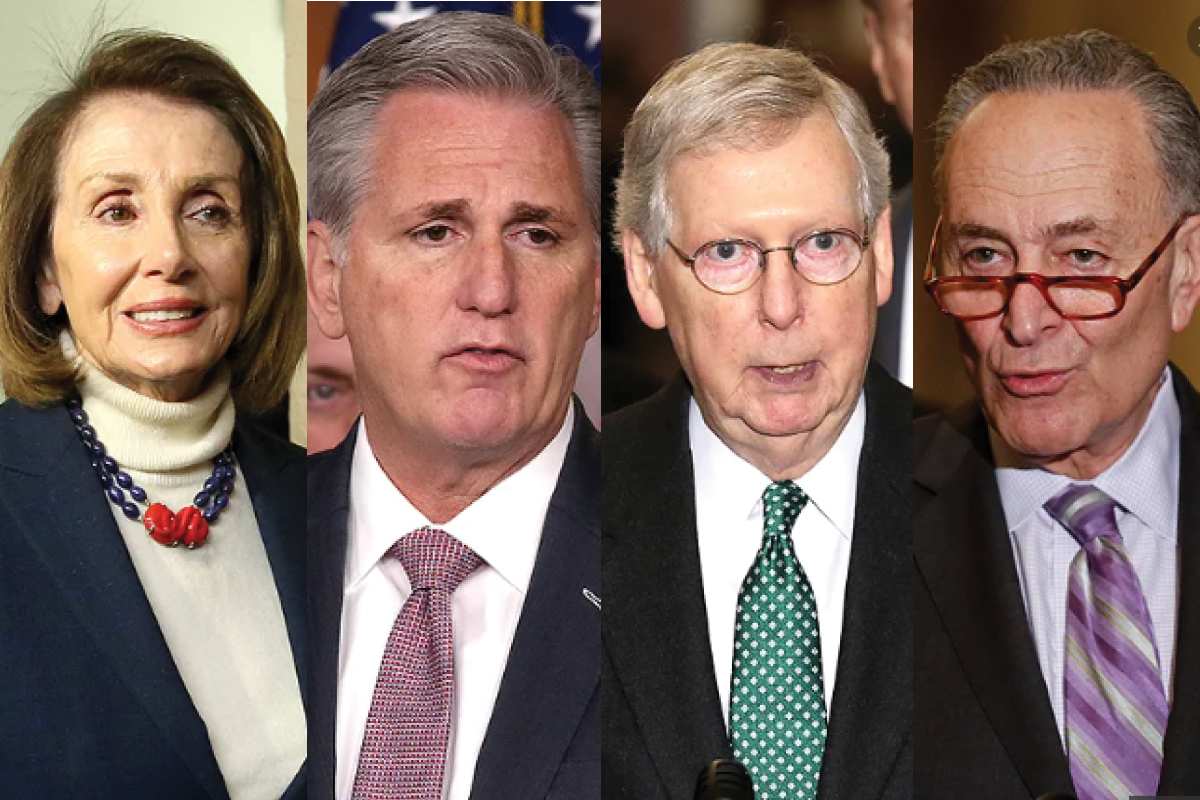
ITR joined several groups sending a letter to Speaker Nancy Pelosi, Leader Kevin McCarthy, Leader Mitch McConnell, and Leader Chuck Schumer urging common-sense steps to ensure a proper federal response to state and local budget strain caused by the COVID-19 pandemic.
The organizations signing the letter take various positions on what they consider the appropriate amount of federal aid to be and whether further aid is even necessary. But all believe that any additional funding should be conditioned on reasonable transparency requirements of its recipients. To do so, they recommend that Congress incorporate the following four principles into any package. Adopting these principles will help Congress ensure that the states expend federal monies wisely:
- Be Direct. With the federal deficit projected to be $3.7 trillion in Fiscal Year 2020, it is critical that Congress limit the additional aid it provides to compensate states and localities for expenses directly related to the coronavirus. Congress should not require taxpayers to cover legacy costs of programs unrelated to the pandemic.
- Be Transparent. Congress should improve its ability to conduct oversight over the unprecedented federal spending triggered by this pandemic. To that end, it should require states to publish online how they spend funds within a reasonable period of time. This common-sense requirement will reassure both citizens and federal officials that recipients disbursed the provided aid effectively and efficiently.
- Be Fair. Congress should apportion aid as simply as possible. The fairest method for apportioning any direct aid is on a per capita basis, similar to the CARES Act, because formulas based on context-specific metrics, such as public health data, risk creating perverse incentives. If Congress must provide aid based on revenue losses, it should use actual losses rather than projections. Congress should also ensure that the total amount of federal aid that it provides states and localities does not exceed the expenses incurred directly as a result of the pandemic.
- Be Responsible. Congress must avoid creating moral hazard. It should strongly urge states and localities receiving further federal aid to have: (a) sound pension funds that are on a path to fully eliminating unfunded liabilities; (b) truly balanced budgets that don’t achieve balance through borrowing or transfers from other state funds; (c) comprehensive general fund accounting that includes earned revenues and accrued expenses; and (d) rainy-day funds that have safeguards in place to prevent use of the funds for nonemergency purposes.
As with relief to individuals and businesses, any future aid that Congress provides to states should be as targeted and transparent as possible. Following these four principles will help Congress ensure fairness and avoid the potential for fraud and abuse. There is no more important time to guarantee proper stewardship of valuable taxpayer dollars.
Read the full letter below.
State aid principles coalition letter
